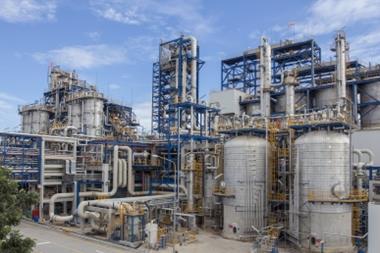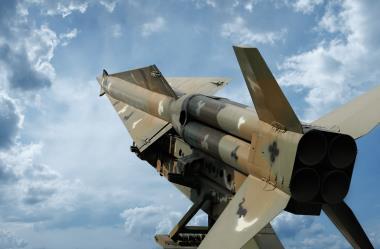AIG, JLT and crisis prevention firm, NYA International examine the risks of operating in Africa’s emerging markets
Part of a multinational risks series supported by


The timing was obviously deliberate. A week after a meeting of Africa’s World Economic Forum at the Nigerian capital Abuja in early May, a car bomb killed 19 people on the outskirts of the city. The atrocity followed an attack in the same area, on 14 April, by terrorist group Boko Haram that had left at least 70 dead.
Inevitably, the attacks raised concerns about the region. “Africa is now our highest-risk location”, explains Jon Gregory, head of AIG ’s kidnap and ransom division. “Nigeria stands in the top three locations for kidnap now. The influence of Islamic affiliates such as Boko Haram and [militant group] Ansaru also changes the dynamic of abductions.”
The violence presents a dilemma to foreign investors. Canada’s department of foreign affairs, for instance, warns that most of the country should be regarded as being off limits for foreigners, with the exception of certain areas of Abuja, Calabar and Lagos.
Even there, a high degree of caution is advised. “The security situation throughout the country is unpredictable and there is a significant risk of terrorism, crime, inter-communal clashes, armed attacks and kidnappings,” notes the department.
If Nigeria is not getting safer, neither is the region in general. According to the latest, six-monthly index of conflict and political violence issued by Maplecroft in May, no less than five of the 16 countries rated as “extreme risk” are located in Africa. For the record, they are second-ranked Central African Republic outranking even Iraq, secessionist South Sudan (fourth) one place ahead of Afghanistan, Somalia (sixth), the Democratic Republic of Congo (DRC) (seventh) and Sudan (ninth).
Lack of stability
“Despite sustained economic growth, Sub-Saharan Africa is undergoing serious challenges to its stability, presenting multiple risks to businesses”, judges NYA International, a crisis prevention and response consultancy.
“Certain countries continue to struggle with chronic insecurity. Somalia remains without effective government, while South Sudan and the Central African Republic are teetering on the brink of civil war, destabilising the impoverished central region.”
Indeed, Maplecroft’s researchers are pessimistic about the future of some of these countries. They are by no means certain, for instance, that the DRC can even survive as a nation given the tensions spreading across its territories. As for the other countries, 14 coups or attempted coups have taken place in Sub- Saharan Africa in the past three years.
Protecting assets and personnel
The implications for risk managers are profound. “Overall, we are seeing more concern over much of Africa. In the past, risk managers would have worried about protests or civil wars and not terrorism, but that perception is changing,” explains Dr Elizabeth Stephens, JLT Specialty’s head of political risk and analysis. In the absence of effective official measures to deal with terrorism, companies were moving to protect assets as well as personnel.
If an employee is kidnapped, risk managers may be involved in complex political issues. “[An event such as this] necessarily involves the sanctions departments within the US, the UN and the EU and this carries responsibilities that clients and insurers – carriers and brokers – must respect”, adds AIG’s Gregory.
How should companies respond to the risks to life and limb? A convoy of armoured Hummers should not be hired, warn security specialists such as Ed Daly, watch operations director of security specialist iJet. This only attracts attention. The best preparation is a “pre-trip, full-spectrum deployment briefing” that covers all the likely risks and, most importantly, how to deal with them. “You can go almost anywhere if you take the right precautions.”
Whatever risk rating a country attracts, its nature and degree may vary between cities. For instance Nigeria’s most populous city, Lagos, is ranked as a “steady four” by iJet’s calculations because of a rising likelihood of kidnapping, but Abuja rates a “high three to four” because of lower-end criminal activity.
And yet, most of the problems experienced by personnel in even the more dangerous locations are what risk specialists describe as “high-frequency, low impact”, such as delays in travel, loss of commercially sensitive data and misdirected baggage rather than the “low frequency, high-impact” events such as sudden illness, car crashes, natural disasters and kidnapping.
Even so, caution is advised.




















No comments yet